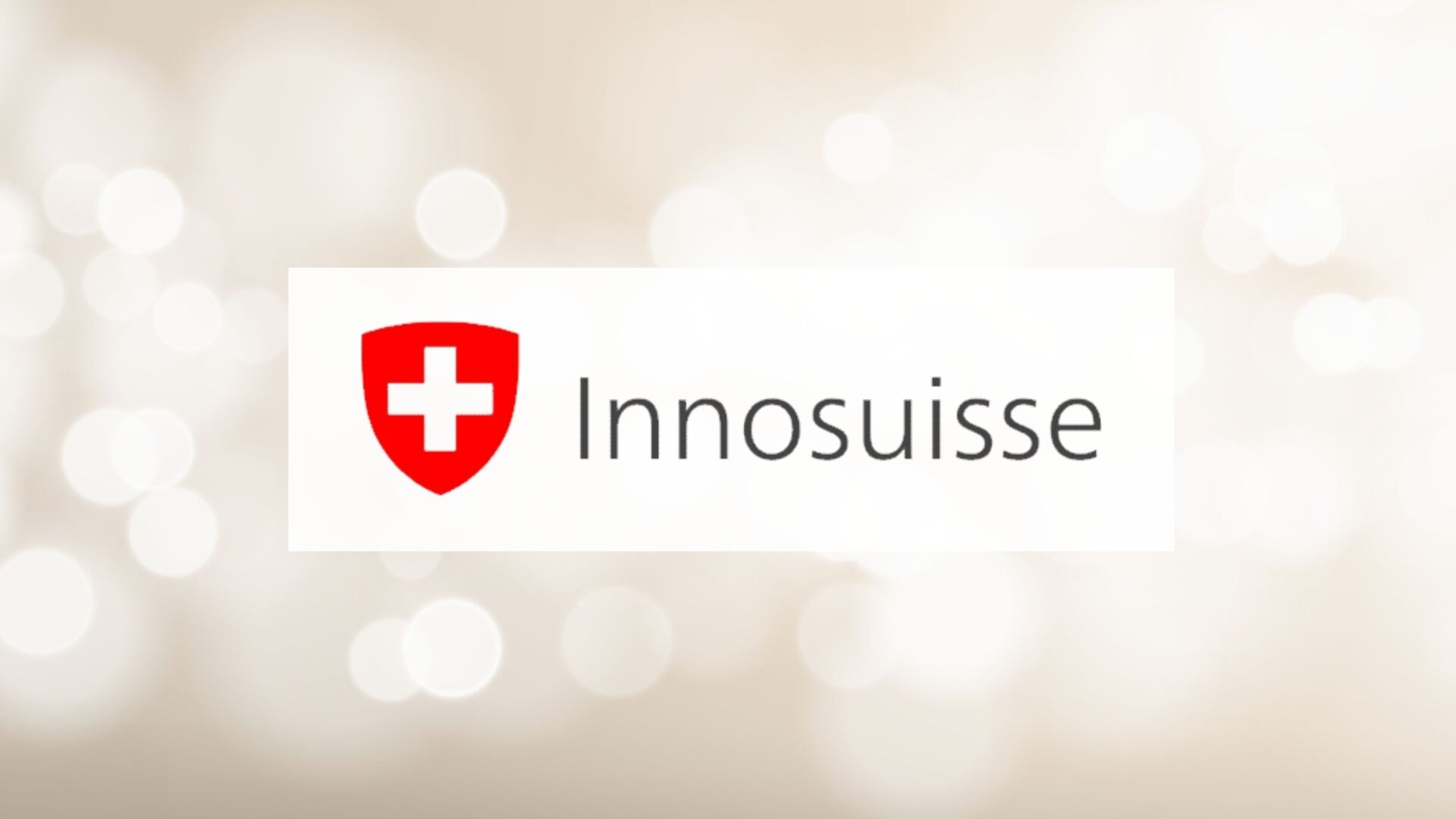The algorithm of social stupidity is not the result of social networks
The algorithm of social stupidity is not the result of social networks
Analysis of how the digital revolution e Facebook o Twitter have driven the decline of species intelligence, without being the only cause
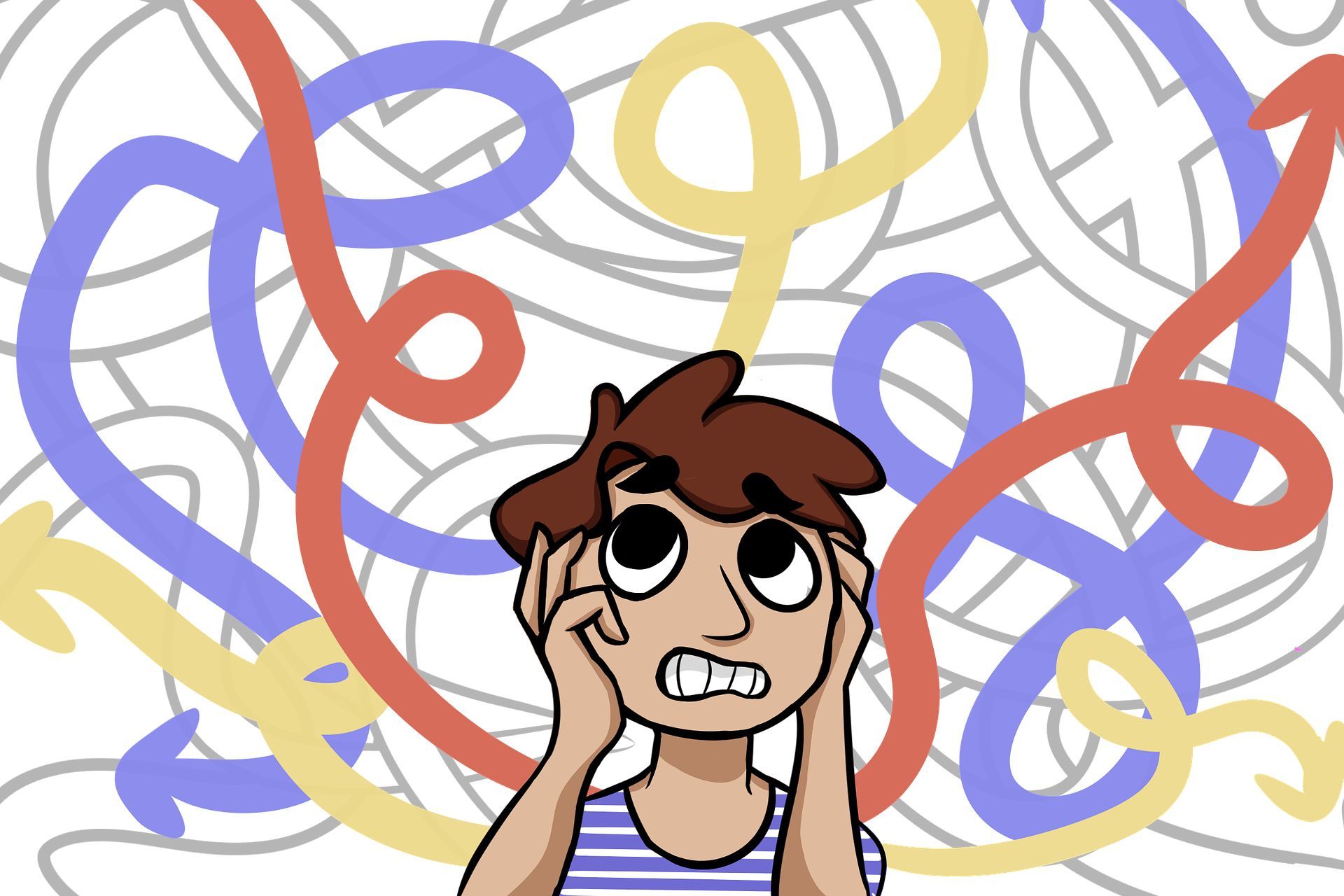
This article takes its cue directly from “Who the past 10 years of American Life have been uniquely stupid – It's not just a phase” ("Why the last 10 years of American life have been extraordinarily stupid - And it's not just a phase") by Jonathan Haidt, social psychologist at the Stern School of Business of New York University, published in the authoritative American magazine "The Atlantic".
Dr. Haidt's article struck me deeply and I thought of integrating its main theses with more "localized" thoughts and reflections that had been whirling in my head for some time, relating to a broader topic: the intelligence of species - or not - of humanity, in relation to a series of social mechanisms set in motion in the last ten or fifteen years by the advent of specific algorithms used by major social networks (FacebookInstagram Twitter and so on).
The thesis departs from the image, mythical but not too much, of the Tower of Babel: the work of man's challenge to God, the supreme act of arrogance that the Almighty punishes not by destroying it like Sodom and Gomorrah, but in a subtler and perhaps more cruel, making men unable to understand each other.
Just what in recent years would have happened in the “United States No More”, which the fragmentation and lack of communication of positions not only between different parties, but within the same parties and families, has transformed into a disputed place “between two different countries claiming the same territory”.
And what would our modern Tower of Babel look like? L'Internet of the Social Media and their monetization anxiety. Let's see how and why.
Those three rescue goals of the Internet from… itself
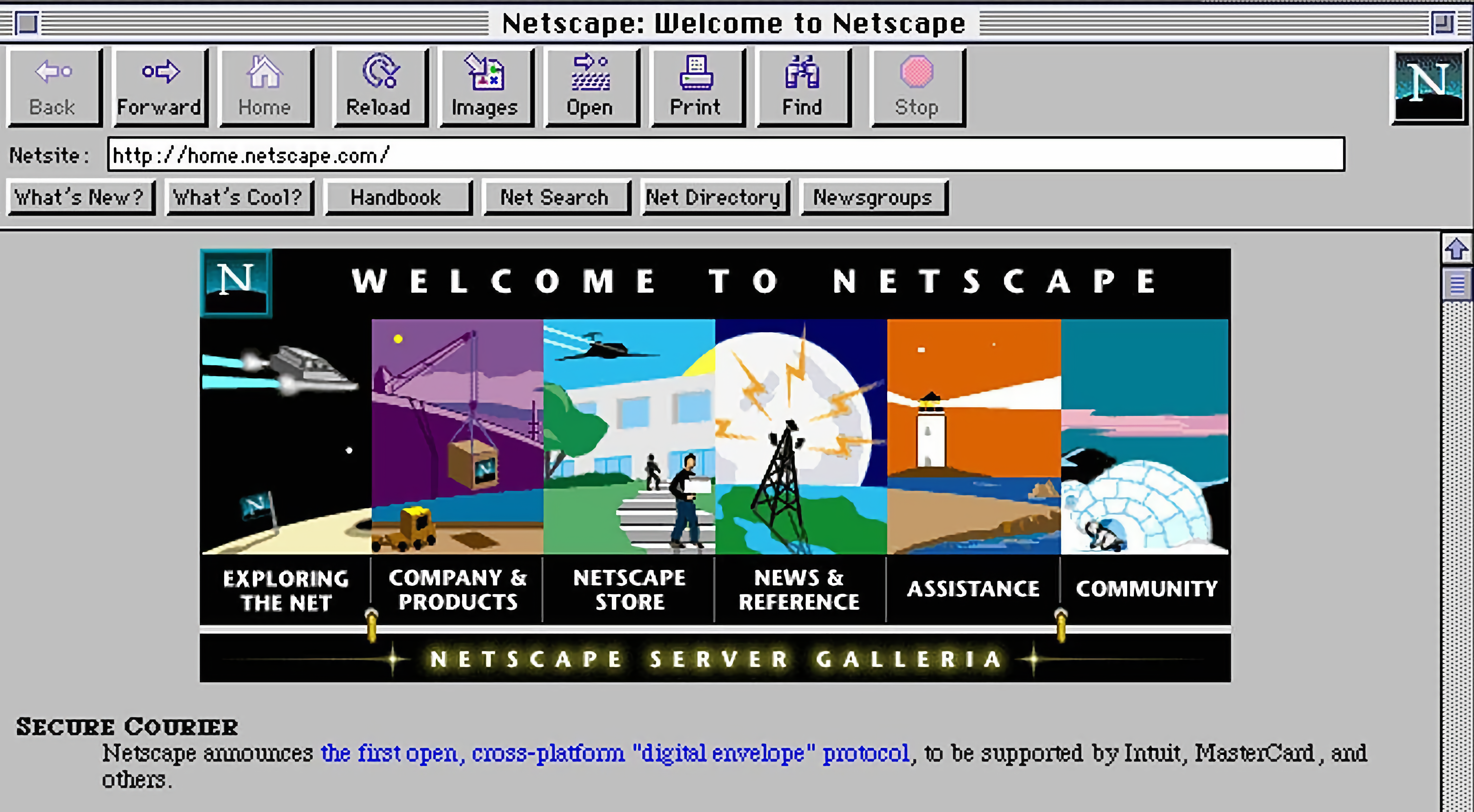
When the Net was (or was believed to be) Eden
There was an initial moment, fully experienced by myself, in which Internet it was the new Promised Land. A place where one could afford to discuss (not collide, but rather confront each other, to understand the other's point of view), potentially with the rest of the entire planet, first knowing enough of the English language, then learning to use the translator of Google.
Yes, occasionally a flame could occur (literally a "blaze", a dispute on the Net) but generally it remained a personal confrontation, or in any case within well-defined groups.
On the other hand, a whole new universe of knowledge and opportunities opened up, a bit like what happens in “The Espanse” with the opening of the Ring towards infinite new worlds.
Too bad that in the end, as in the TV series on PrimeVideo (taken from a literary sci-fi saga by Daniel Abraham and Ty Franck under the pseudonym James SA Corey), instead of launching ourselves fearless and evolutionary towards the unknown, we retreated into our old poor tribal logic.
And we have continued to wage war on each other, at all levels, from neighbors to neighboring countries.
Beware, though: social media itself is not the real problem. At the beginning they worked very well, allowing everyone to expand and manage their circle of friends, to recover old contacts lost, perhaps due to the distance.
Until human relationships were limited to those of one's own "digital village", perhaps meeting new people every now and then and making friends if it was the case, everything proceeded smoothly, as happens in a small town or in a "custom-sized" neighborhood. man".
And here is the fundamental concept: on a human scale. Not car, not business.
The future of social media between opportunities and dangers…
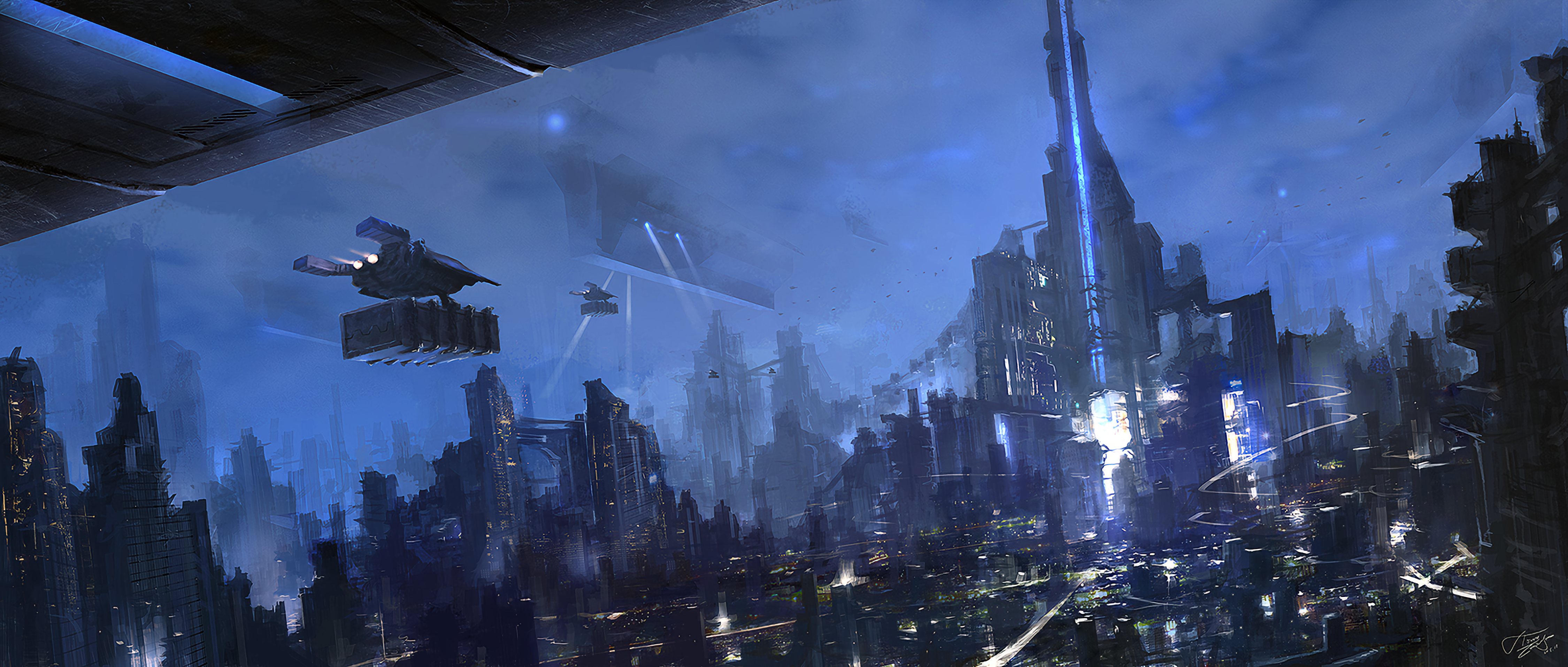
2011-2015: the Fall of the… “New Tower”
The article in “The Atlantic” makes a precise examination of American social and political phenomena which we are not interested in going into here; what interests us is the identification and definition of the main causes, of which we too have been tasting the most deleterious effects for some years: polarization and extremes of positions, loss of the ability to compare and dialogue, excessive simplification of opposing theses, increase of unjustified social pillories, hysterical masses! (no, this was just a quote).
Let's start from human history, which above all in recent centuries has been characterized, beyond conflicts and misunderstandings, by a general drive towards large-scale cooperation.
As the speed of information propagation has increased, it has become increasingly difficult to consider others as enemies, unworthy of being called human beings.
Even the inhabitants of the most distant countries and with the most diverse customs do not appear so alien to us, when we have the opportunity to get to know them better.
At first thanks to the radio and newspapers, then thanks to the increasingly rapid means of mass communication (satellite television, Internet) the entire planet finally found itself instantly connected: the so-called “Global Village”, where it is increasingly convenient to talk, trade, not go to war.
Technological progress would apparently push us ever more towards a cooperative future: by joining the forces of all countries we have created formidable scientific projects (the International Space Station, CERN, where the Website). But at some point something went wrong.
The “like”, “retweet”, “share” buttons have arrived.
Conspiracy, fake news and xenophobia: dangerous digital mix
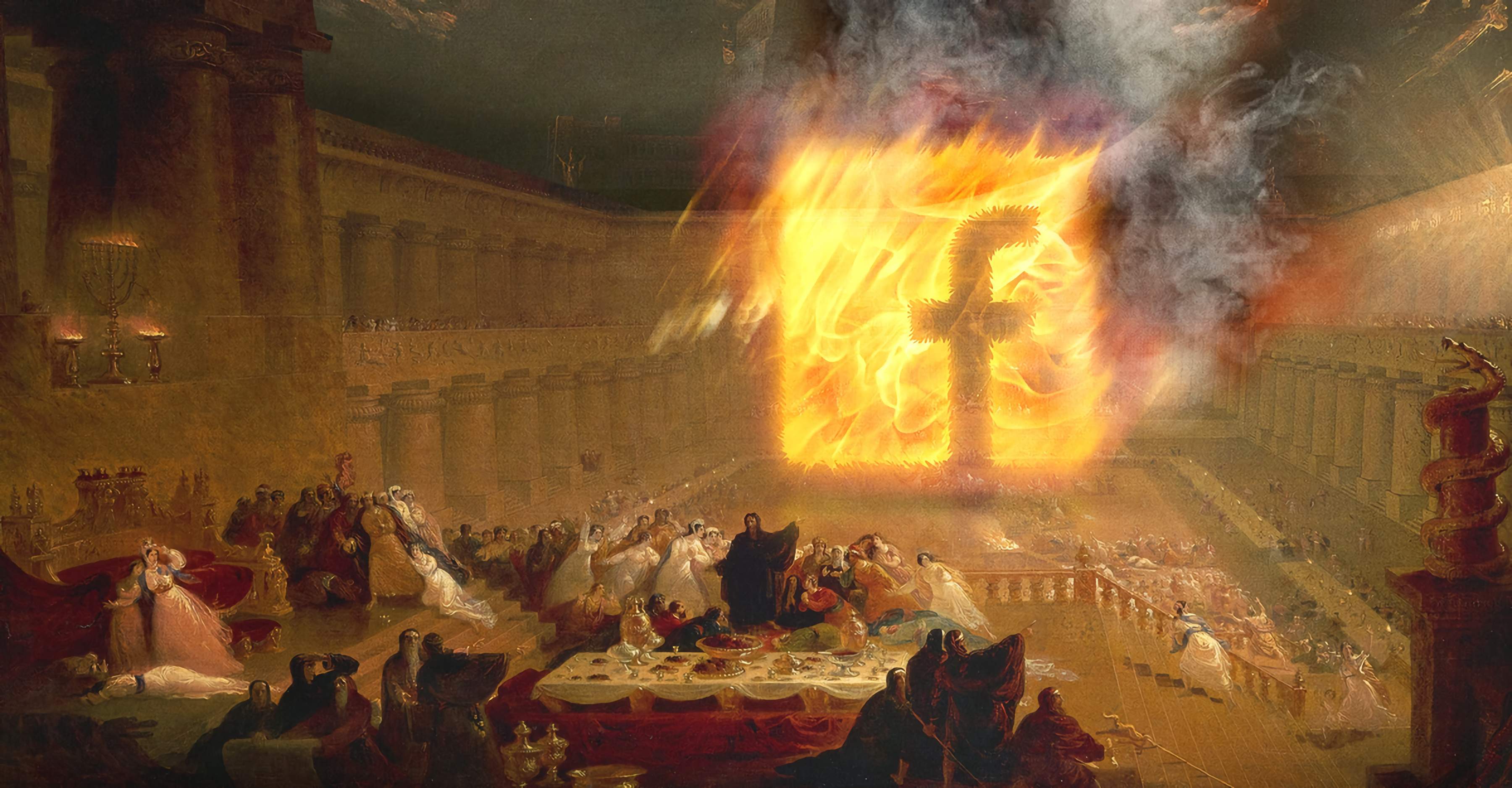
The contradictory praise of the Manzonian crowd
And what will it be, some of you may have thought at this point.
After all, it is precisely the possibility of appreciating and sharing anything on the fly, the most fun and stimulating part of current social networks.
The problem is that this new interaction has brought about a devastating effect: the intensification of viral dynamics.
Since it has become more important to stimulate the "likes" and "shares" on Facebook, for example, algorithms have been developed that show each user no longer what his friends publish in chronological order, but everything that leads him more to click on "like" and "share".
A series of scientific research has subsequently shown that it is the posts that trigger strong emotions, especially anger towards groups of people outside your circle of acquaintances, those that are most likely to be shared. The ones that go viral, in fact.
Metaverse: discovering the future universe of the Internet…
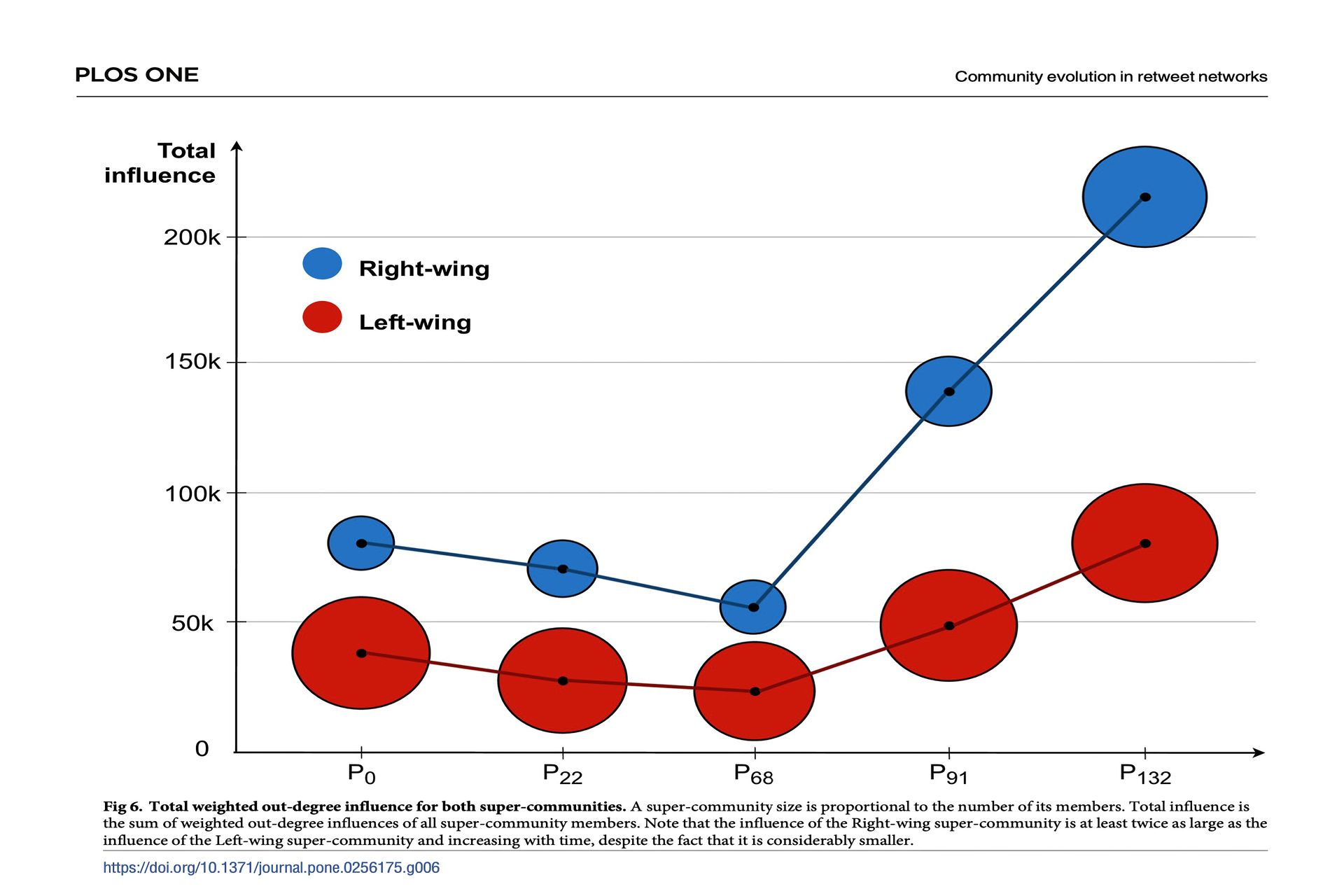
Posting is equivalent to a real lottery
So post something up Facebook or on Twitter it has become the equivalent of playing the lotto.
If you're lucky your post could positively go viral, be shared by thousands, millions of people and, if liked, you will have your days of fame on the Net.
But if for some reason you miss the shot, you could find yourself in the hands of the Manzonian crowd and literally suffer a lynching in the public square which, however "virtual", will have very serious repercussions on your real life. What I, a teacher, try every day to make my middle school students understand.
By thus changing the rules of the game, without thinking about the possible consequences, dishonesty (fake and biased news to gain audience) and group dynamics were encouraged.
We no longer act based on our real preferences, but on past negative (punishments) and positive (rewards) experiences according to the rules of the group we belong to.
Reinforcing logic and desire for confirmation and acceptance, which lead each of us to conform to our majority.
An engineer of Twitter who worked right on the “retweet” button later revealed he regretted it, realizing he had rest Twitter a badder place.
Who knows what Elon Musk thinks about this? Posterity will judge.
But it could be, knowing him, the beginning of a big change, given his latest statements after his acquisition of Twitter.
A teenager's video alarm against Internet abuse

That trust now chipped in the next
Historically, civilizations have based their unity on blood sharing, religion, the presence of enemies to fight.
On the other hand, there are three main "social columns", identified by sociologists, which support a modern secular democracy, such as the European states for example.
They are: "The share capital", or the social nets as extensive as possible with high levels of mutual trust; the "strong institutions", i.e. authoritative, recognised, efficient and worthy of the citizens' trust; the "Shared Stories", with a large majority recognizing their meaning and authenticity.
Unfortunately the viral mechanisms of the modern social networks have weakened all three of these factors, especially from 2009 onwards.
Passing from the logic of the small group to the obsessive search for "viality", many users have started sharing personal and sensitive data with a large number of perfect strangers, trying to gain the highest number of consents; but the "friends" thus obtained are ultimately strangers, with whom perhaps there has never even been an indirect confrontation.
They are "followers", "pursuers" who remain faithful to your character until he "thinks with their thoughts", but who are ready to crucify him as soon as he goes off their rails.
Swiss Internet 8 times faster in the universal service
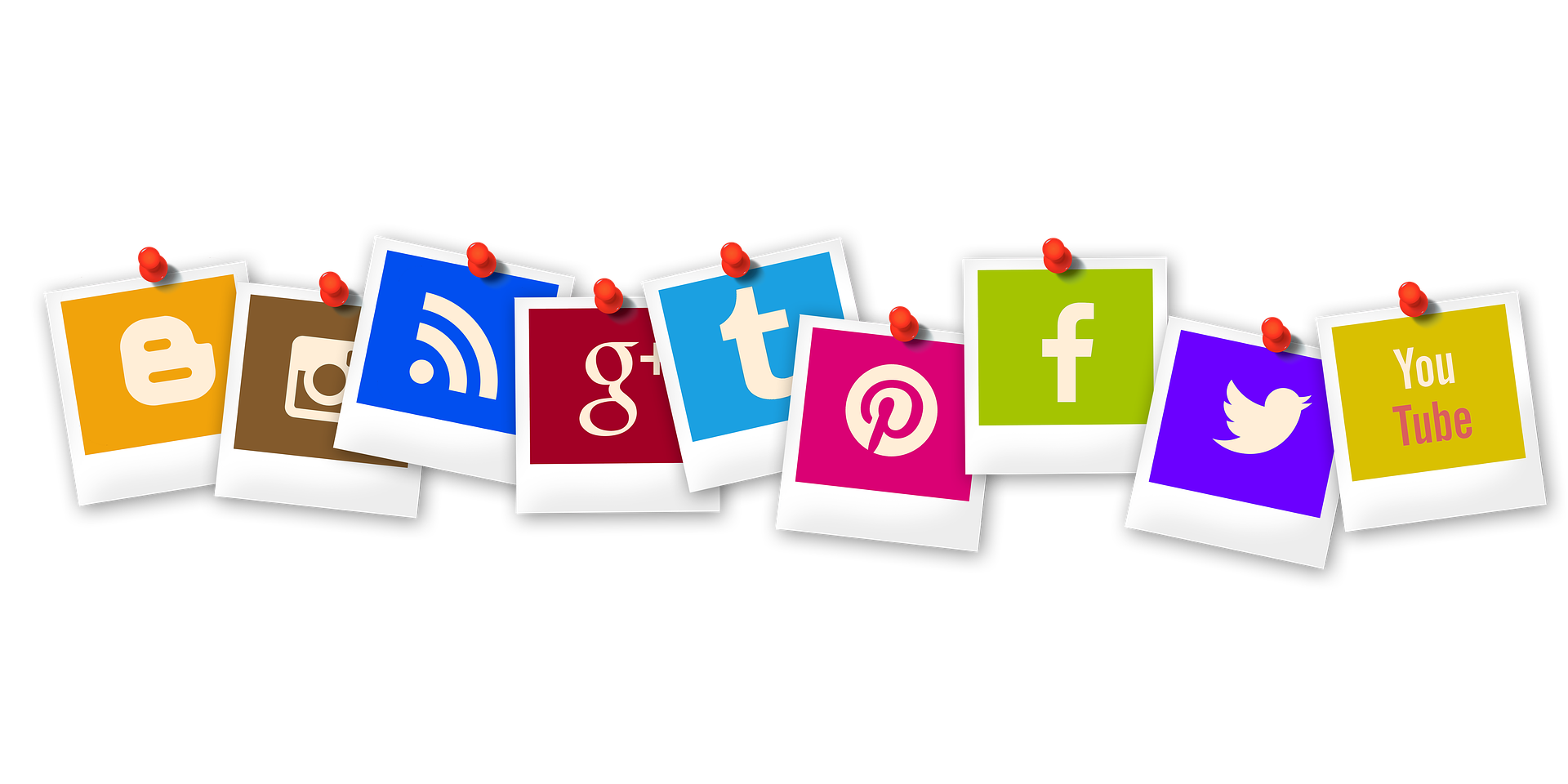
From "confrontation squares" to exhibitions
Social platforms have thus transformed from "confrontation squares" to "exhibition squares", where thanks to the power of a button that allows you to share content with a single click, without any effort and perhaps without even having read and understood all the way, and without any limitation of times in which such content can be shared in this way, mathematically leads to phenomena of exponential diffusion of the most successful posts.
And to the birth of real "people's courts", in a much more rapid and marked way compared to what could have happened before the era of Internet. The flames thus become uncontrollable fires that feed themselves, where the most aggressive and extremist positions win over all the others for their "emotional power".
Podcast, forty visionary years of Elon Musk from the Web to Mars
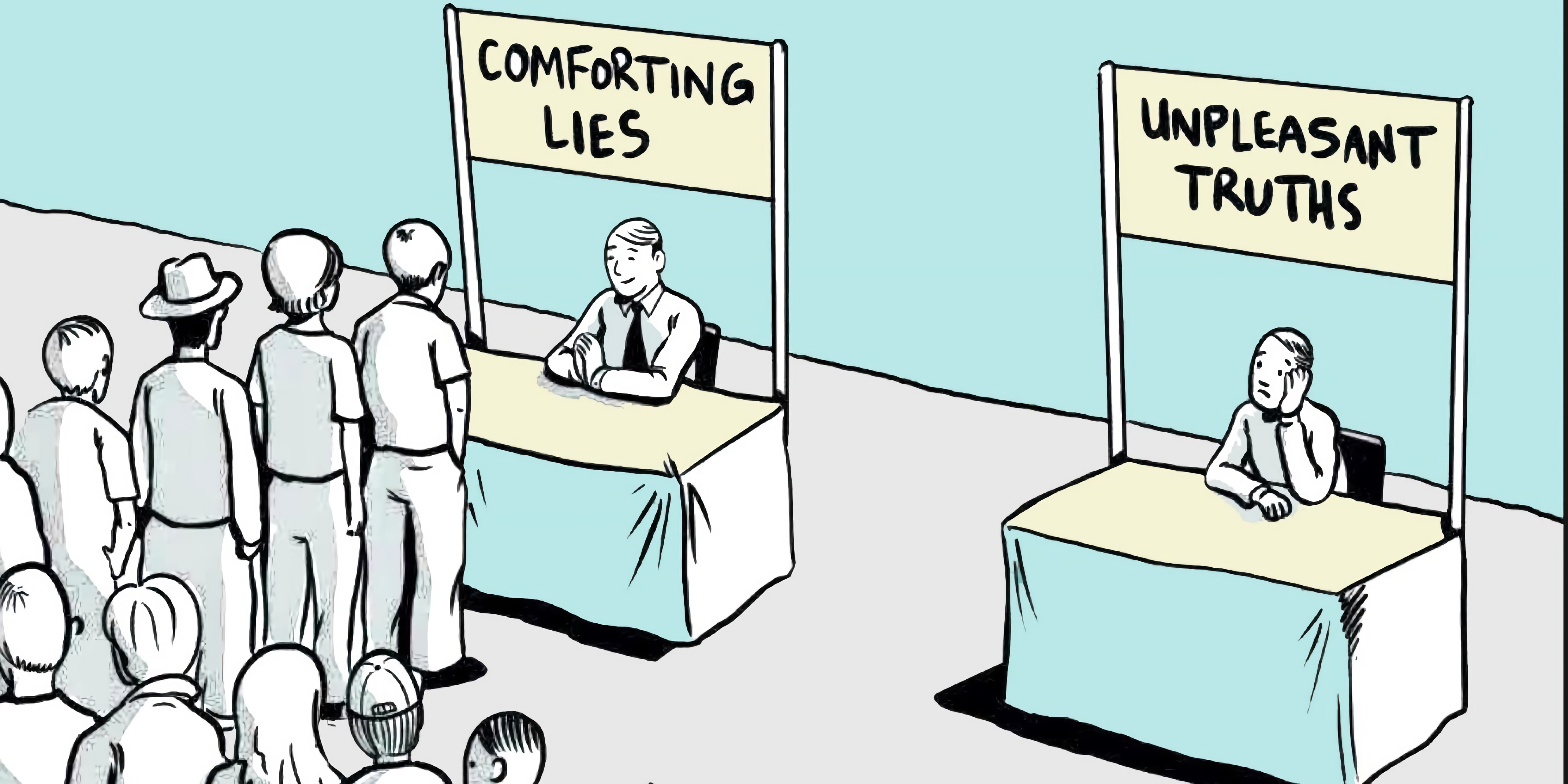
The false principle that "one is worth one"
Research by political scientists Alexander Bor and Michael Bang Petersen has found that a small subset of people on Social Media he is very concerned with elevating his social status and is willing to use aggression to do so.
Such people admit that, in online discussions, they often curse or tease their opponents and are blocked by other users or reported for inappropriate comments.
In eight subsequent studies, Bor and Petersen found that being online doesn't make most people more aggressive or hostile; rather, it allowed a small number of aggressive people to attack a much larger group of victims.
A small number of agitators are able to dominate discussion forums.
Further research finds that women and Black people are disproportionately harassed, so the digital public square is less welcoming to their voices.
Thus trust in institutions, be they governmental or cultural or scientific, is not simply questioned but splintered into thousands of fragments, where the principle "one is worth one" cancels any form of authority and anyone who feels entitled to discuss quantum physics or nuclear energy with a physicist, immunology with an immunologist, social phenomena with a sociologist.
All as if his knowledge (often less than none) of the most complex subjects, acquired with some reading on Internet, would allow for an equal comparison with those who have been studying them for decades.
Hence, by losing trust in institutions (not only governmental ones, but also more simply universities and their representatives, researchers of any discipline), there is no longer a shared history or a knowledgeable authority to refer to.
In school chats between parents, every pedagogical action of the teacher is questioned. In the social media groups pseudo-science is raging, because going "against the dominant thought" is cool regardless of the meaning of what is stated, and often of its danger to health and society.
But there is no unity even in protest for its own sake: the whole audience is, in fact, fragmented like a mirror broken into a thousand pieces that "reflect each other gloweringly".
Ukrainian crisis and the "digital responsibility" of fake news
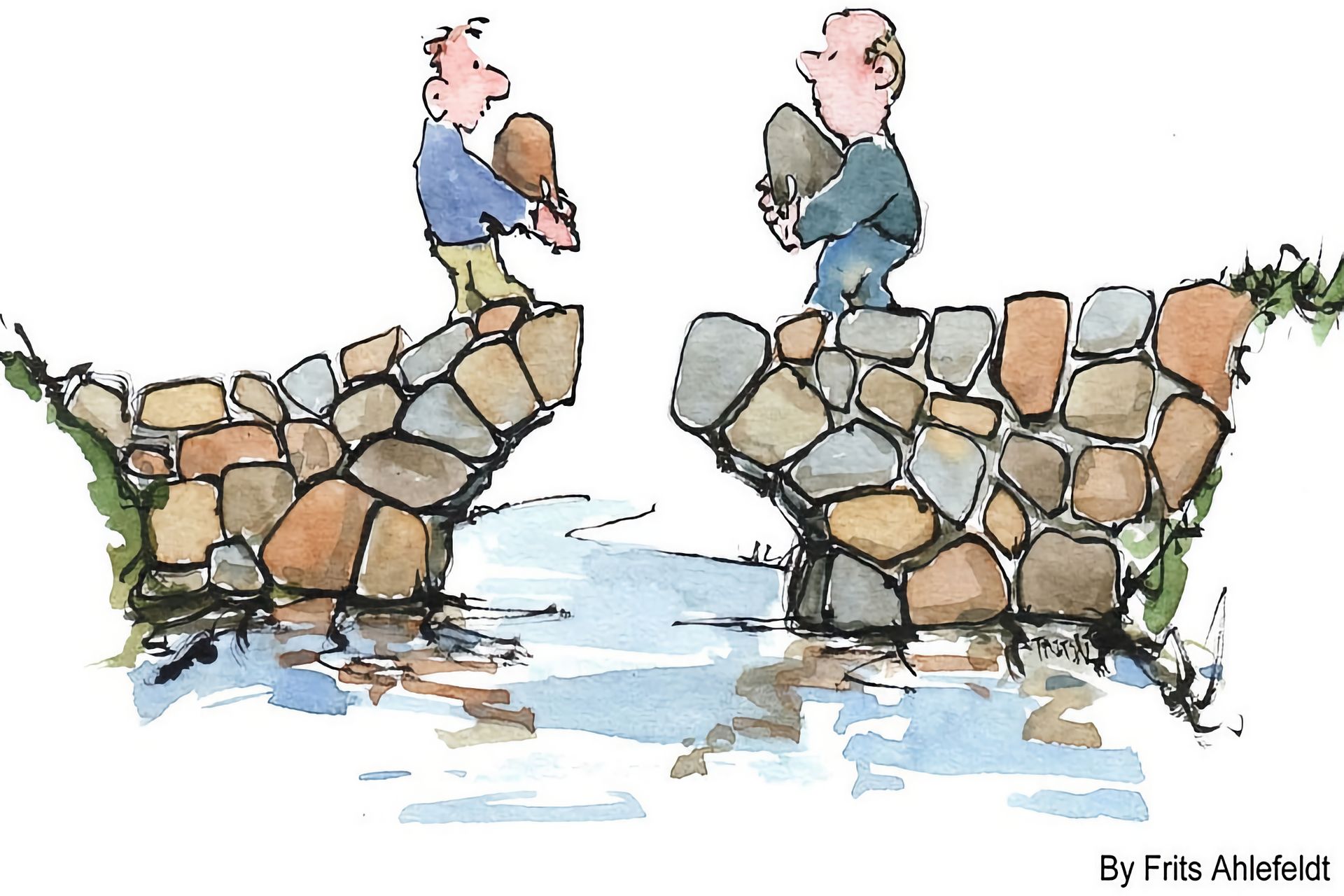
The troubling death of compromise
The modern Constitutions were conceived to prevent certain phenomena which were already well known to their drafters.
The weak point of a democracy is precisely the “turbulence and unruly passions” which can affect democratic communities, which therefore need cooling mechanisms, to slow down impulses, to also give administrators the time and isolation necessary to conceive complex, adequate answers and solutions, not improvised on the emotion of the moment.
The concept of compromise, experienced more and more negatively in recent years, however has its own precise social value, the meeting between opposing positions, understanding each other's point of view and seeking common strategies to solve major social problems.
Instead, the rapidity in the reactions on the large virtual squares given to us by technology companies has brought everything back to tribal clashes, stimulating that tendency to divide us into teams or parties where animosity towards opponents dominates any desire for confrontation.
Thus every political election becomes a battle to prevent the victory of the opponents at all costs and the profound meaning of democracy is lost in a clash of fans.
In this way, personalities such as Beppe Grillo in Italy, Boris Johnson in England, Donald Trump in the States did not cause the tower to fall, but took full advantage of its kinetic energy, were able to grasp its disruptive potential and turn it towards them favor.
Without too many worries about the consequences on a social level. And woe to fraternizing with the enemy (at least until you get to the chair), woe to civilly discussing the merits with the political opponent, even if he makes correct statements: it is equivalent to the crime of High Treason.
It is a phenomenon that is worsened by fear on the part of the institutions, which as soon as they glimpse a possible shitstorm (literally “poop storm”) for the statements of one of their members, whether it is a legal representative, a professor, a journalist, they hasten to distance themselves from it.
Their authority, perhaps earned over decades or even centuries, is sacrificed on the altar of the gods Network Courts.
Photogallery, the cartoons that exorcise the fears of the web
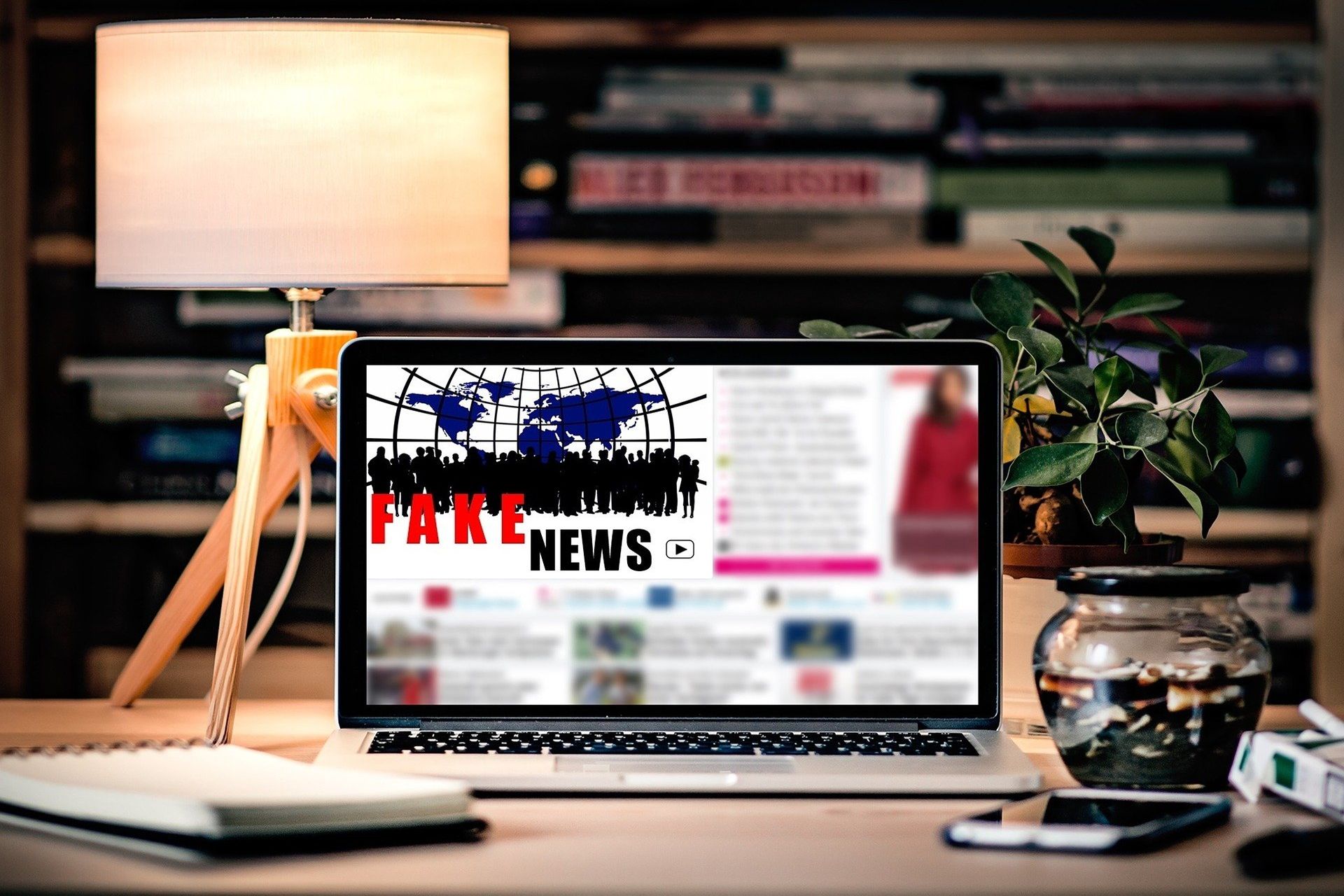
There is a convergence between opposing extremisms
Let's go back to what the “repentant” engineer of Twitter, who after collaborating on the creation of the Retweet button wrote: "It's like handing a four-year-old a gun."
A tweet doesn't actually kill anyone, but it can hurt, especially if it is taken up and shared effortlessly and without scruple by thousands or millions of people.
So more than a 38 caliber, one could say that the Social Media moderns have given us a dart gun, with "darts", which even if they don't kill (unless they hit you right in the eye), they certainly do damage.
And they delivered a billion of them, without distinction to everyone, who started throwing darts at each other like paper balls in a sixth grade class.
Sometimes this power has paid off: the exposure of systematic sexual abuse in some American companies, for example, would not have had the same effect without these means.
Unfortunately, however, cases of justice are the exception, in a sea of bullying and injustice.
There is an innovative Internet for Swiss research institutions
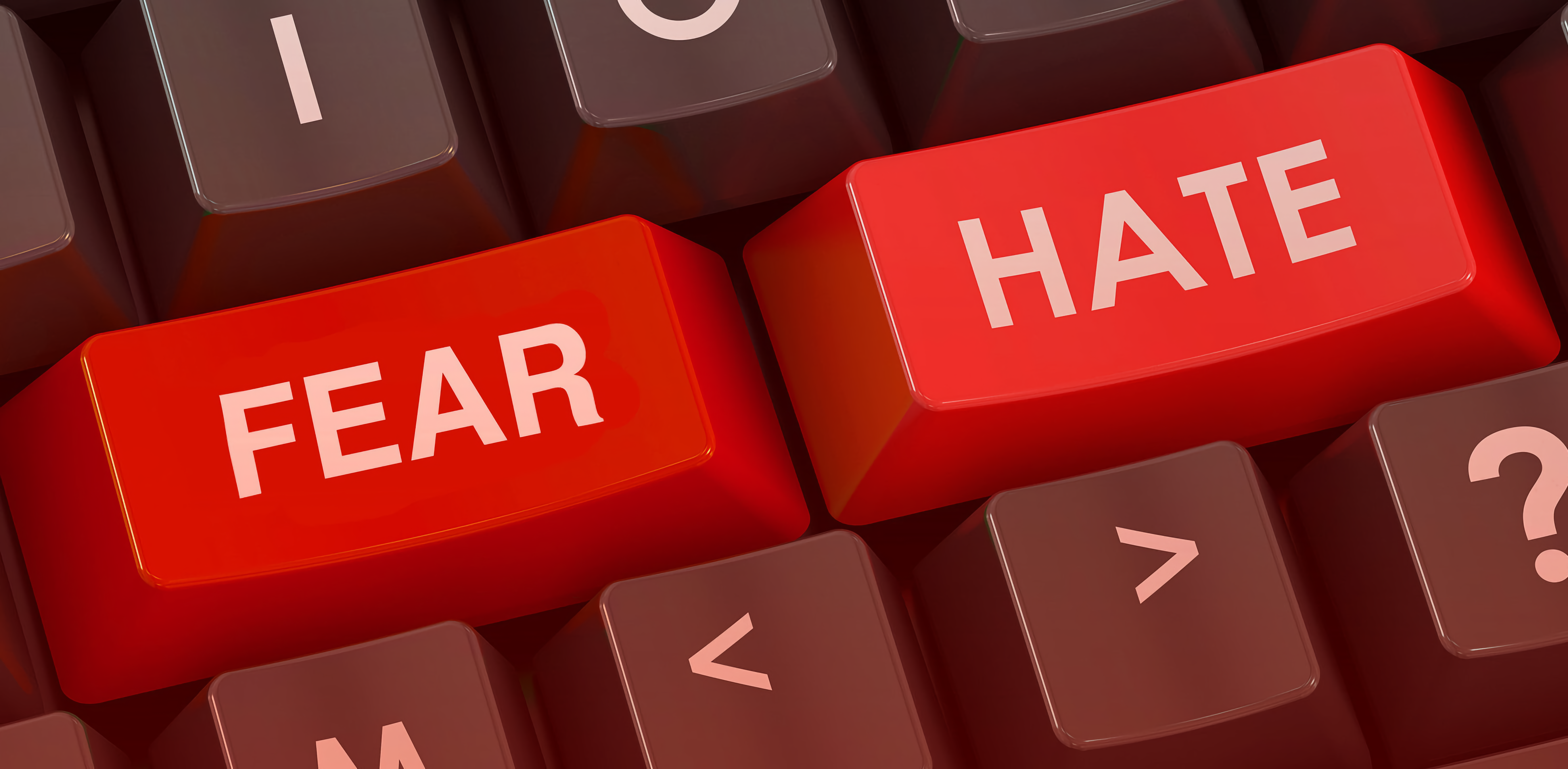
Aggression is the engine of a false sociality
In an undisciplined class, the leaders are the more aggressive male and female pupils, and the same happens in social networks where the most aggressive or the most "iconic" characters are the masters.
Thus it happens that the most extreme political fringes, both on the left and on the right, make more noise to the detriment of the moderates who often give in to the wave, also for fear of being overwhelmed.
And it is no coincidence that the positions of these fringes often coincide, even if apparently opposite, thanks to the "horseshoe" effect, already theorized in political science by the writer Jean-Pierre Faye.
The "darts" of the Social Media they give more power and voice to the political extremes while reducing the power and voice of the moderate majority.
The Hidden Tribes study by pro-democracy group More in Common surveyed 8.000 Americans in 2017 and 2018 and identified seven groups who shared beliefs and behaviors.
The one farthest to the right, known as "voting conservatives," made up 6 percent of the US population. The group furthest to the left, the "progressive activists," made up 8 percent of the population.
Progressive activists were by far the most prolific group on the Social Media: 70 percent had shared political content in the previous year. Devout conservatives followed, at 56 percent.
From the genesis of the “metashopper”, the consumer of the future…
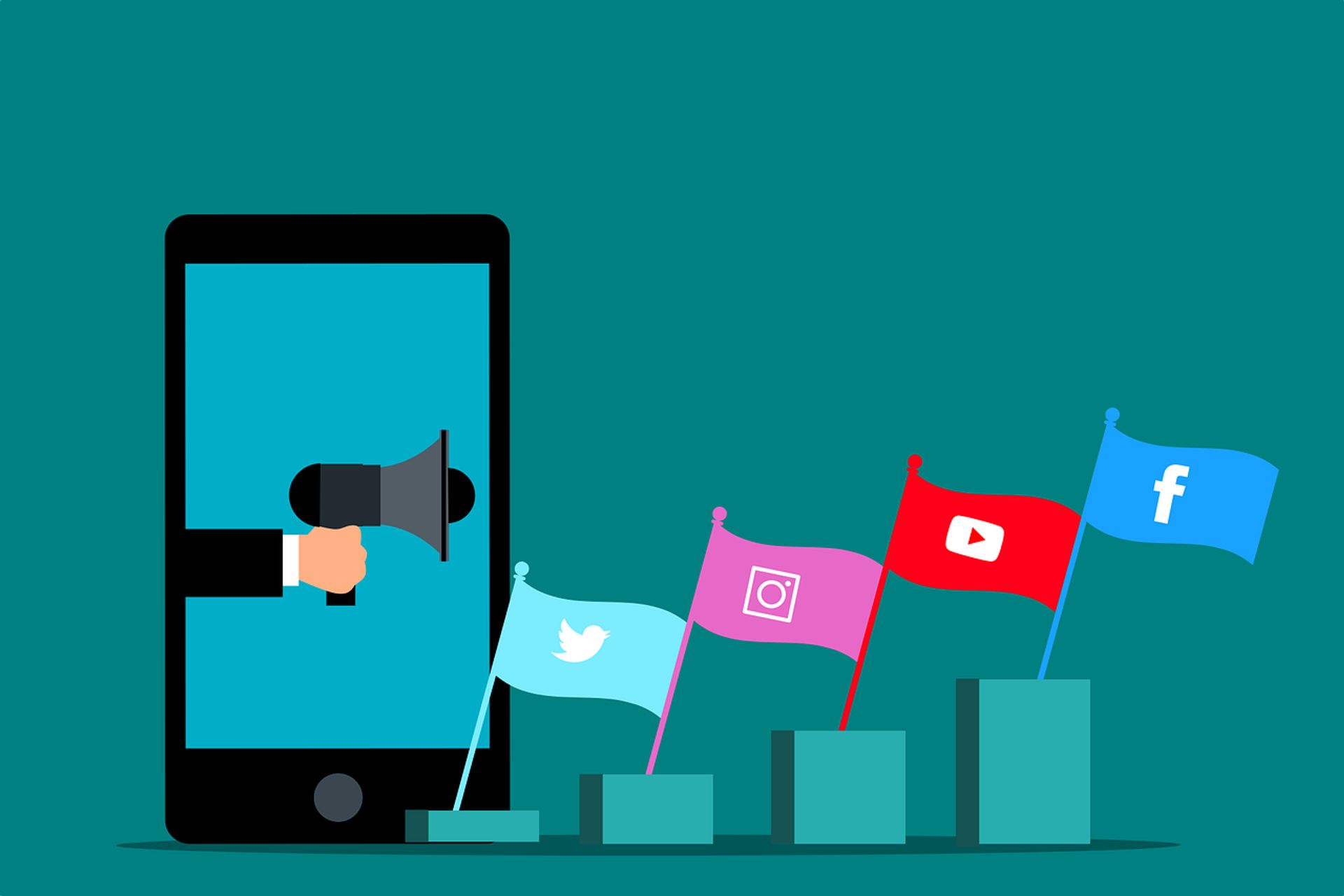
Is Confirmation Bias the Web?
In human thinking there is a tendency to consider only the evidence that confirms one's thesis, the so-called "Confirmation Bias".
It's a trap we all fall into, even those who should know the scientific method better than others.
How many times scientific articles that went too far "outside" of the general beliefs of the moment, while bringing obvious arguments or proofs, are ignored by the scientific community for years, until subsequent discoveries made it impossible to ignore them?
Already before the pervasive social media, the same search engines like Google, lacking an effective "fact checking" system, were fueling conspiracy theories (we haven't really been to the moon, the earth is flat, 11/19 was staged, COVID-XNUMX does not exist…).
I Social Media they made things worse because they discouraged interaction "outside your bubble", i.e. confrontation with people who don't share your opinions and who perhaps know certain topics better than you.
Comparing ourselves with a space engineer or a serious science journalist, we could easily verify the falsehood of certain ad hoc "proofs" (see for example the case of the vaccine-autism correlation which turned out to be a real scam, which they continue to believe not a few).
But confirmation bias, coupled with the bubble effect of new algorithms, pushes us in other directions.
Thus, when 99 percent of climatologists affirm that climate change has anthropic origins and less than 1 percent affirm the opposite, for some the comparison continues to be fifty-fifty (here the traditional media and their talk show). And we find ourselves in a vicious loop in which we all lose, starting with the truth. Indeed, from the scientific truth…
Virtual Reality and Metaverse in two schools of the Inspired cycle

You may also be interested in:
Four countries, one gigantic ocean: the CMAR case
It is the marine corridor of the eastern tropical Pacific: Panama, Ecuador, Colombia and Costa Rica allied for the protection of seas and marine species...
Lausanne, on the trail of pollution: the story of an incinerator
A team of scientists has reconstructed the events of the Vallon waste-to-energy plant and the invisible contamination that shocked the Canton of Vaud
How the environment determines the characteristics of the cheese
The tasting highlights how, with unchanged production rules, climate and fodder crops influence different organoleptic notes
Innosuisse has achieved its 2023 innovation goals in Switzerland
A record amount of over 490 million francs has been allocated to compensate for the lack of association with the EU's well-known Horizon Europe program
by Editorial staff Innovando.NewsEditorial staff of Innovando.News




